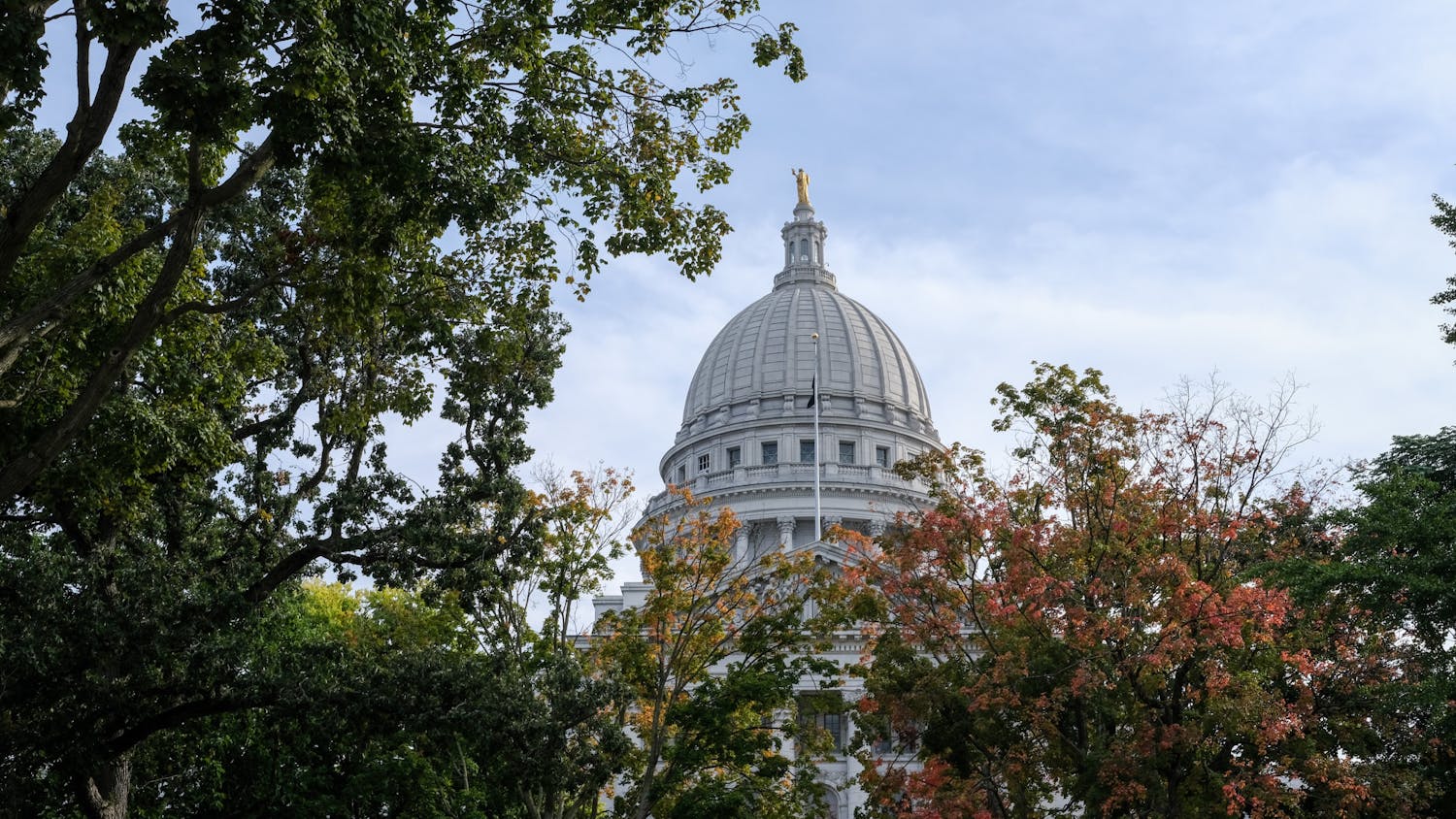Despite his speculation that the American public has long since forgotten the 2000 presidential election voting controversy, David Zarefsky, a Northwestern University professor and author, spoke on the legal implications of the election Thursday in Vilas Hall.
\Once Florida was in dispute, it was pretty clear to me who the president was going to be,"" opened Zarefsky. ""As I have reread that decision of the last couple of years, unlike many of my fellow citizens, I have not 'gotten over it'-instead my concern has deepened.""
Generally, Zarefsky said he hoped voters would be more sensitive to all aspects of the upcoming election than they were in 2000.
However, Virginia Sapiro, UW-Madison professor of political science, said she thinks such sensitivity is unlikely.
""It won't have much effect on 2004,"" she said. ""So much has happened since then. ... What's important is the economy, the war and all the terrorism, not what happened in 2000. The population won't remember much.""
Zarefsky reluctantly agreed, stating the biggest impact will most likely be ""much less punch-card ballots.""
In the 2000 election, punch card ballots garnered attention when many chads did not completely disconnect from punch cards and could not be considered votes. This common flaw of punch-card ballots is especially prevalent among areas with high minority populations, where such ballots are almost exclusively used, Zarefsky said.
As a result, Zarefsky said minority votes will be better represented in the upcoming election.
Nevertheless, some aspects of the 2000 election may repeat themselves in 2004. Disputes over the legalities of an election are currently solved by legislative branches of government. However, in Bush v. Gore, Bush was appointed president by the Supreme Court. Zarefsky and an audience member said they agreed if the same situation arises in 2004, electoral results may again be left to courts-representatives of the people would be replaced by appointed judges.
The audience member said it was highly unlikely that "" [the ramifications of] Bush v. Gore [are] going to stay in 2000.""
With potential voting differences between the 2000 and 2004 elections, Zarefsky did not make predictions on the upcoming presidential election.
""The election in 2004 is going to be close,"" he said.





